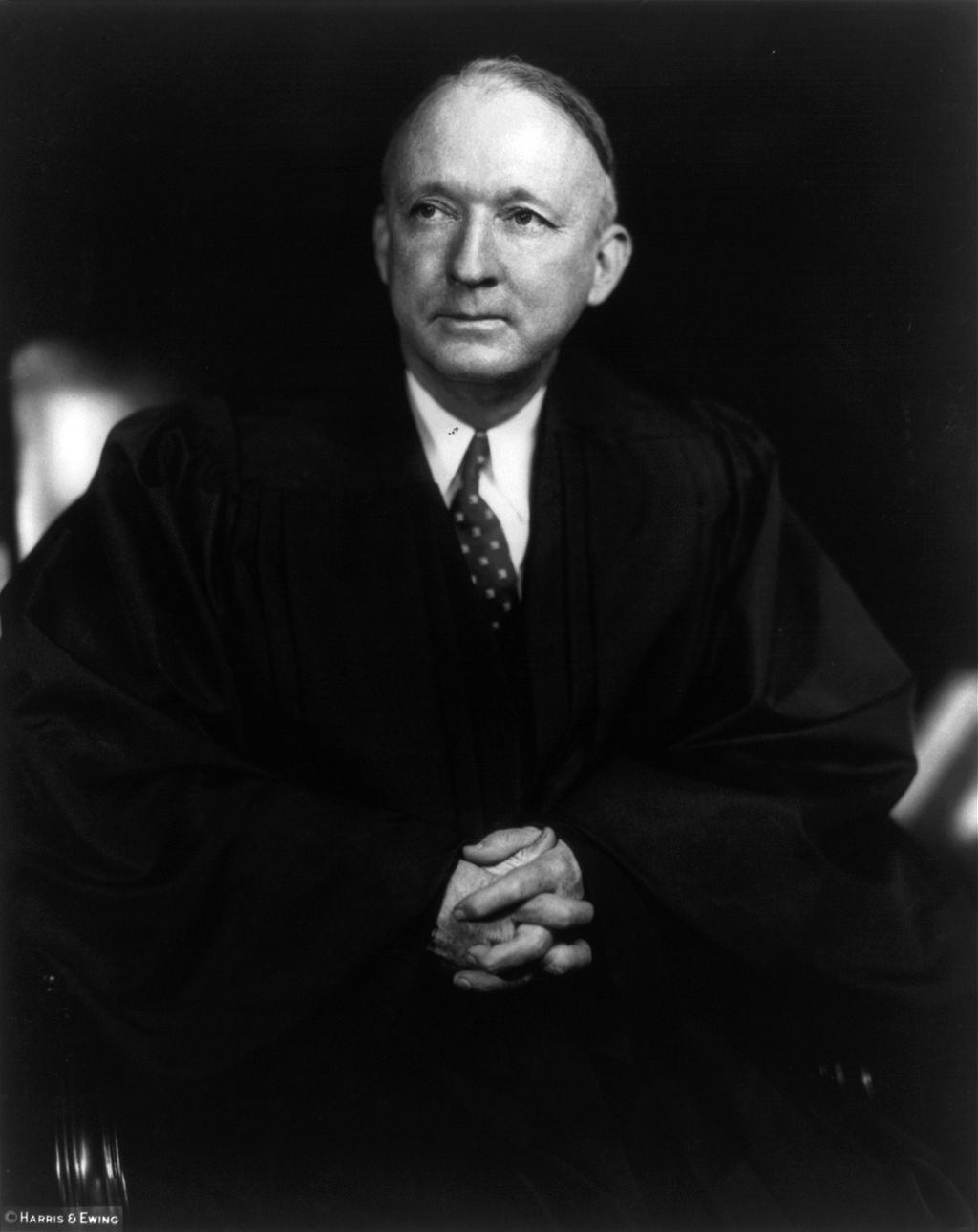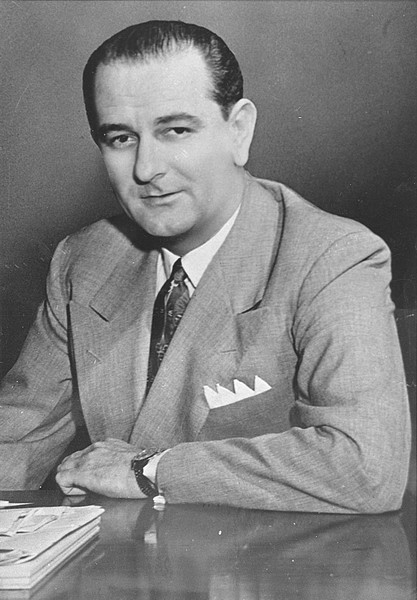Generally speaking, Democrats were largely responsible, not only for lynching blacks, but also for blocking efforts in Congress to make lynching a federal crime. Moreover, Democrats stalled civil rights legislation as long as they could, and then only reluctantly went along with it.
Here are some highlights from “33 Historical Truths Democrats Have Successfully Concealed or Encouraged the Public to Ignore.” The complete article is available here.
Eighth, Democrats started the Ku Klux Klan (KKK):
The KKK was founded in Tennessee immediately after the end of the Civil War as a sort of social club for former Confederate Soldiers whose influence quickly spread through the decimated Southern states. As Columbia professor Eric Foner wrote in his A Short History of Reconstruction, in its early days, the group was loosely bound by one main principle: launching a reign of terror against Republican leaders black and white.
Racism was, of course, a guiding principle, but not quite as guiding as the hatred of the Republicans, the party of Lincoln, the Yankees who[m] early Klansmen believed destroyed their homeland through what they termed a “war of northern aggression.”
According to Larry Elder,
In 1872 congressional investigations, Democrats admitted beginning the Klan as an effort to stop the spread of the Republican Party and to re-establish Democratic control in Southern states. As PBS’ “American Experience” notes, “In outright defiance of the Republican-led federal government, Southern Democrats formed organizations that violently intimidated blacks and Republicans who tried to win political power. The most prominent of these, the Ku Klux Klan, was formed in Pulaski, Tenn., in 1865.” Blacks, who were all Republican at that time, became the primary targets of violence.
“A political cartoon depicting the KKK and the Democratic Party as continuations of the Confederacy”
~~~~~~~~~~~~~~~~~~~~~~~~~~~~~~
Thirteenth, the Ku Klux Klan continued its campaign of intimidation, and no tactic in the KKK’s arsenal was more effective than lynching.1 You can understand why. If you can stomach it, take a few moments to watch this prezi.com presentation on lynching. Among other things, it’s important for us to know these facts.
• Between 1886 and 1968 there were 4,743 lynchings recorded.
• There were 3,446 blacks lynched out of the 4,743 lynchings. That calls [counts] for 72.7% of [the] lynchings.
• Whites accounted for the extra 27.3%.
These are just the lynchings that were recorded! In 1922, the United States House of Representatives passed a bill authored by Missouri Republican Representative Leonidas Dyer that would have made lynching a federal crime. President Warren G. Harding supported the bill, but Senate Democrats from southern states filibustered it, thereby blocking its passage. They filibustered it again in 1923 and 1924. Go here to see a promotional poster the NAACP published in support of the bill.
In 1922, 1923, and 1924, Senate Democrats from southern states filibustered a bill authored by Missouri Republican Representative Leonidas Dyer that would have made lynching a federal crime.
~~~~~~~~~~~~~~~~~~~~~~~~~~~~~~
Fifteenth, Democrat Hugo Black, who was a US Senator from Alabama from 1927 to 1937, was a member of the Ku Klux Klan. After being elected to his seat in the Senate in 1926, Black spoke to a KKK gathering and thanked them for their support:
This passport which you have given me is a symbol to me of the passport which you have given me before. I do not feel that it would be out of place to state to you her on this occasion that I know that without the support of the members of this organization I would not have been called, even by my enemies, the “Junior Senator from Alabama.”
 As a US Senator, Black strongly opposed anti-lynching legislation, even when the sponsors of the bill also were Democrats.
As a US Senator, Black strongly opposed anti-lynching legislation, even when the sponsors of the bill also were Democrats.
In 1935 Black led a filibuster of the Wagner-Costigan anti-lynching bill. The Pittsburgh Post Gazette reported that when a motion to end the fillibuster was defeated “[t]he southerners- headed by Tom Connally of Texas and Hugo Black of Alabama—grinned at each other and shook hands.”
~~~~~~~~~~~~~~~~~~~~~~~~~~~~~~
Seventeenth, in 1938, during a filibuster of the Wagner-Van Nuys anti-lynching bill—a bill, by the way, bearing the names of two Democrat senators, Robert Wagner and Frederick Van Nuys— Mississippi Senator Theodore Bilbo, also a Democrat, declared,
If you succeed in the passage of this bill, you will open the floodgates of hell in the South. Raping, mobbing, lynching, race riots, and crime will be increased a thousandfold; and upon your garments and the garments of those who are responsible for the passage of the measure will be the blood of the raped and outraged daughters of Dixie, as well as the blood of the perpetrators of these crimes that the red-blooded Anglo-Saxon White Southern men will not tolerate.
~~~~~~~~~~~~~~~~~~~~~~~~~~~~~~
Nineteenth, FDR committed racist acts and failed to defend races who were vulnerable.…While Roosevelt was critical of lynching, he would not support a federal anti-lynching law. He said Southern Democrats, especially Senators, would retaliate by blocking other bills Roosevelt supported that were essential for the country’s survival: “If I come out for the anti-lynching bill now, they will block every bill I ask Congress to pass to keep America from collapsing. I just can’t take that risk.”…
~~~~~~~~~~~~~~~~~~~~~~~~~~~~~~
Twenty-second, Bruce Bartlett, author of Wrong on Race: The Democratic Party’s Buried Past,” explains that Republican President Dwight Eisenhower repeated his call for civil rights legislation in his 1957 State of the Union address. Previously, the legislation had passed in the House but had died in the Senate because of opposition from Southern Democrats. Lyndon B. Johnson was the Senate’s Majority Leader. Opponents of the legislation were looking to him to oppose it, just as he had in the past. (While a congressman, Johnson had called President Harry Truman’s civil rights initiative “a farce and a sham—an effort to set up a police state in the guise of liberty. I am opposed to that program. I have voted against the so-called poll tax repeal bill…I have voted against the so-called anti-lynching bill.”) Johnson, however, wanted to become president. Bartlett continues,
After dragging his feet on the civil rights bill throughout much of 1957, Johnson finally came to the conclusion that the tide had turned in favor of civil rights and he needed to be on the right side of the issue if he hoped to become president.…
At the same time, the Senate’s master tactician and principal opponent of the civil rights bill, Democrat Richard B. Russell of Georgia, saw the same handwriting on the wall but came to a different conclusion. He realized that the support was no longer there for an old-fashioned Democrat filibuster.…So Russell adopted a different strategy this time of trying to amend the civil rights bill so as to minimize its impact. Behind the scenes, Johnson went along with Russell’s strategy of not killing the civil rights bill, but trying to neuter it as much as possible.…
Eisenhower was disappointed at not being able to produce a better piece of legislation. “I wanted a much stronger civil rights bill in ’57 than I could get,” he later lamented. “But the Democrats…wouldn’t let me have it.”
Johnson explained his approach this way:
 These Negroes, they’re getting pretty uppity these days and that’s a problem for us since they’ve got something now they never had before, the political pull to back up their uppityness. Now we’ve got to do something about this, we’ve got to give them a little something, just enough to quiet them down, not enough to make a difference. For if we don’t move at all, then their allies will line up against us and there’ll be no way of stopping them, we’ll lose the filibuster and there’ll be no way of putting a brake on all sorts of wild legislation. It’ll be Reconstruction all over again.
These Negroes, they’re getting pretty uppity these days and that’s a problem for us since they’ve got something now they never had before, the political pull to back up their uppityness. Now we’ve got to do something about this, we’ve got to give them a little something, just enough to quiet them down, not enough to make a difference. For if we don’t move at all, then their allies will line up against us and there’ll be no way of stopping them, we’ll lose the filibuster and there’ll be no way of putting a brake on all sorts of wild legislation. It’ll be Reconstruction all over again.
Forgive the language, because I’m just reporting what was said. On Air Force One, President Johnson was speaking to two like-minded governors and explaining some of the benefits Democrats would reap from his “Great Society” programs. Johnson said, “I’ll have those niggars voting Democrat for the next 200 years.”
Copyright © 2016 by B. Nathaniel Sullivan. All Rights Reserved.
Note:
1David Barton, Setting the Record Straight: American History in Black and White, (Aledo, TX: WallBuilder Press, 2004), 115.

